![Morita Therapy and [Acceptance and Commitment Therapy] (ACT) Morita Therapy and [Acceptance and Commitment Therapy] (ACT)](https://bilder.buecher.de/produkte/68/68564/68564167z.jpg)
Morita Therapy and [Acceptance and Commitment Therapy] (ACT)
Comparative study through cases of Somatic Symptom Disorder and Differences in the process of establishment
Versandkostenfrei!
Versandfertig in 6-10 Tagen
29,99 €
inkl. MwSt.

PAYBACK Punkte
15 °P sammeln!
Differences between Morita therapy and ACT have been pointed out both in Japan and abroad. Hofmann,S.G (2008) argued that the terms used in ACT and Morita Therapy resembled. Hofmann,S.G.(2008) found the following: "acceptance and mindfulness" in ACT is comparative to Morita Therapy's "obey nature," ACT's "Cognitive defusion" is comparative to "keroketsu (A Zen word referring to a horse tied to a pile rushing around to escape only to make himself more stuck with the pile)", "self-as-concept" and "self-as-context" in ACT are similar to "contradiction of ideas (the gap between 'ideal self' and 'r...
Differences between Morita therapy and ACT have been pointed out both in Japan and abroad. Hofmann,S.G (2008) argued that the terms used in ACT and Morita Therapy resembled. Hofmann,S.G.(2008) found the following: "acceptance and mindfulness" in ACT is comparative to Morita Therapy's "obey nature," ACT's "Cognitive defusion" is comparative to "keroketsu (A Zen word referring to a horse tied to a pile rushing around to escape only to make himself more stuck with the pile)", "self-as-concept" and "self-as-context" in ACT are similar to "contradiction of ideas (the gap between 'ideal self' and 'real self')" in Morita Therapy, and "Values and Committed actions" in ACT is comparative to "fact-based performance principle" in Morita Therapy. This time, the author considers comparative study through cases of Somatic Symptom Disorder and differences in the establishment process of each treatment.



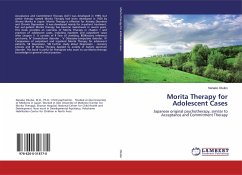
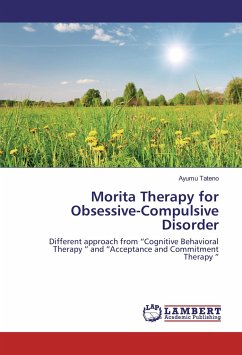
![Morita-Therapie und [Akzeptanz- und Commitment-Therapie] (ACT) Cover Morita-Therapie und [Akzeptanz- und Commitment-Therapie] (ACT)](https://bilder.buecher.de/produkte/68/68629/68629914n.jpg)
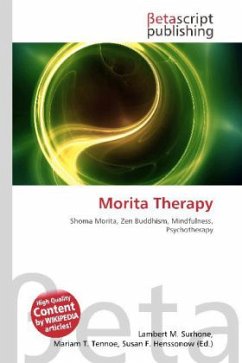
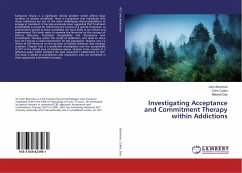
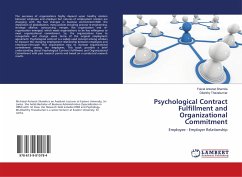
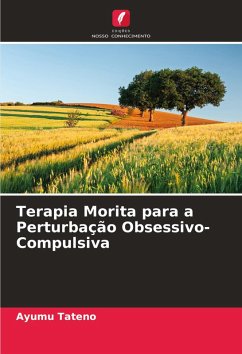
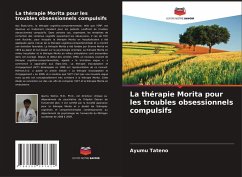
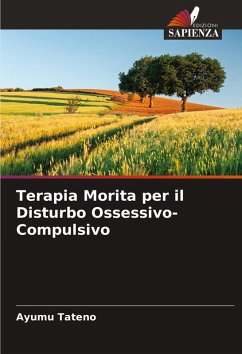
![Thérapie de Morita et [thérapie d'acceptation et d'engagement] (ACT) Cover Thérapie de Morita et [thérapie d'acceptation et d'engagement] (ACT)](https://bilder.buecher.de/produkte/68/68628/68628173n.jpg)